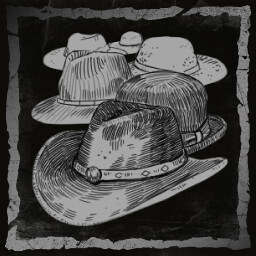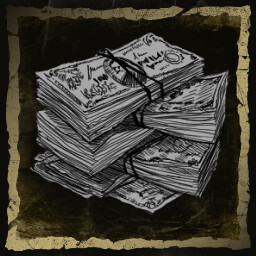Install Steam
login
|
language
简体中文 (Simplified Chinese)
繁體中文 (Traditional Chinese)
日本語 (Japanese)
한국어 (Korean)
ไทย (Thai)
Български (Bulgarian)
Čeština (Czech)
Dansk (Danish)
Deutsch (German)
Español - España (Spanish - Spain)
Español - Latinoamérica (Spanish - Latin America)
Ελληνικά (Greek)
Français (French)
Italiano (Italian)
Bahasa Indonesia (Indonesian)
Magyar (Hungarian)
Nederlands (Dutch)
Norsk (Norwegian)
Polski (Polish)
Português (Portuguese - Portugal)
Português - Brasil (Portuguese - Brazil)
Română (Romanian)
Русский (Russian)
Suomi (Finnish)
Svenska (Swedish)
Türkçe (Turkish)
Tiếng Việt (Vietnamese)
Українська (Ukrainian)
Report a translation problem


 United States
United States 
















Whenever we speak of production, then, what is meant is always production at a definite stage of social development – production by social individuals. It might seem, therefore, that in order to talk about production at all we must either pursue the process of historic development through its different phases, or declare beforehand that we are dealing with a specific historic epoch such as e.g. modern bourgeois production, which is indeed our particular theme. However, all epochs of production have certain common traits, common characteristics. Production in general is an abstraction, but a rational abstraction in so far as it really brings out and fixes the common element and thus saves us repetition.
Individuals producing in society – hence socially determined individual production – is, of course, the point of departure. The individual and isolated hunter and fisherman, with whom Smith and Ricardo begin, belongs among the unimaginative conceits of the eighteenth-century Robinsonades, [1] which in no way express merely a reaction against over-sophistication and a return to a misunderstood natural life, as cultural historians imagine. As little as Rousseau’s contrat social, which brings naturally independent, autonomous subjects into relation and connection by contract, rests on such naturalism. This is the semblance, the merely aesthetic semblance, of the Robinsonades, great and small. It is, rather, the anticipation of ‘civil society’,